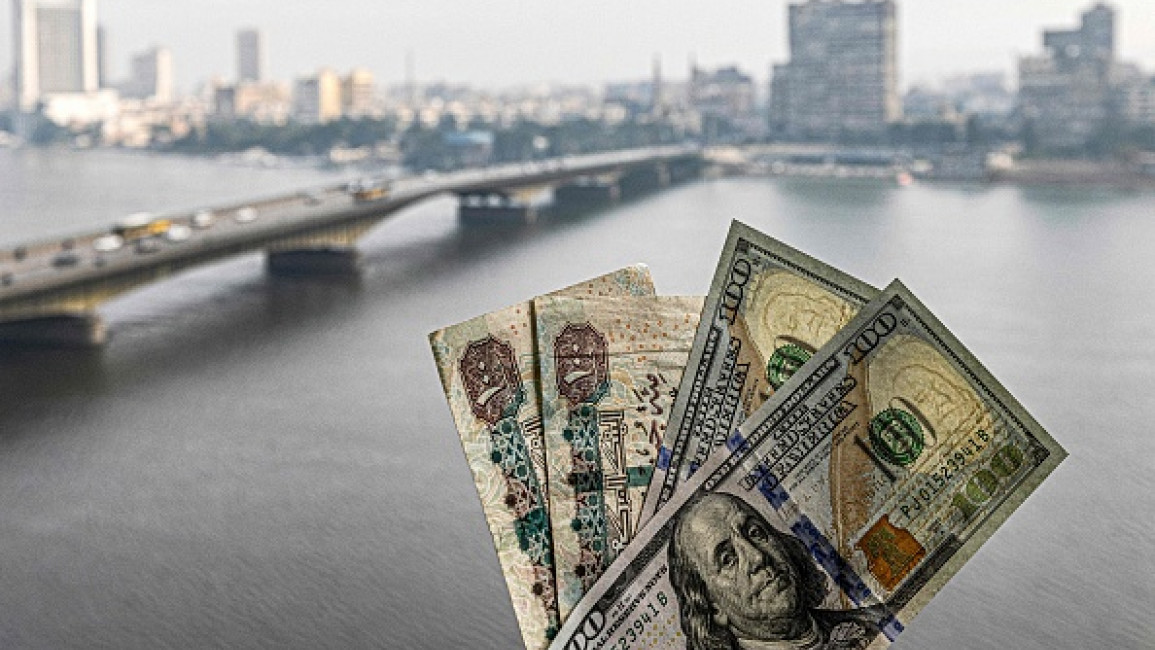Hoping to ease currency crisis, Egypt signs $35 billion deal with UAE for Ras al-Hekma
Egypt and the United Arab Emirates have struck a landmark investment partnership to develop the Ras al-Hekma (also al-Hikma) peninsula. The deal injects $35 billion of foreign direct investment into the struggling Egyptian economy, intended to bolster economic growth and address a hard currency crisis.
Egyptian Prime Minister Mostafa Madbouly heralded the project as "one of the biggest deals of its kind."
Addressing the currency crunch, he said, "this investment would contribute to resolving [it]".
The crunch has hampered Egypt's ability to manage substantial foreign debt and navigate the gap between official and black market exchange rates.
The UAE's sovereign wealth fund, ADQ, will lead an investment consortium with $24 billion earmarked for Ras al-Hekma, located west of Alexandria. This will transform the Mediterranean coastal region into a resort city with a UAE-managed airport. The remaining $11 billion will go towards development projects across Egypt.
The partnership involves a staggered rollout: $15 billion immediately, followed by another $20 billion within two months.
Egypt expects the project to yield $150 billion and would retain a 35 percent stake in it.
USD shortage hampering Egypt's economy
This deal comes at a crucial time for Egypt. Its import-heavy economy has faced multiple setbacks, including pandemic-related shocks to the tourism industry, elevated wheat costs due to the Ukraine war, and disruptions to Suez Canal revenues caused by regional conflicts including the Houthi blockade of the Red Sea.
These factors also led to a drop in foreign currency remittances from Egyptian workers abroad.
Faced with significant debt accrued through infrastructure ventures (including a vast new capital city), Egypt has sought financial assistance.
The International Monetary Fund approved a $3 billion loan, but its disbursement is contingent on painful reforms like establishing a fully flexible exchange rate.
The currency crisis has eroded foreign investor confidence in Egypt's financial stability.
JP Morgan recently removed Egypt from its government bonds index, and Moody's downgraded its outlook on Egyptian bonds to "negative."
What is Ras al-Hekma?
Ras al-Hekma is an up-and-coming resort destination located on a cape approximately 212 kilometres west of Alexandria and about 350 kilometres northwest of Cairo. It boasts stunning turquoise waters, and white sandy beaches, and has been attracting significant investment in luxury developments, now likely from the United Arab Emirates.
The Egyptian government, in collaboration with UN-Habitat, says it is developing a new sustainable and inclusive waterfront city called Ras Al Hekma Waterfront New City to transform the North Coast region as part of future urban developments in Egypt. The first phase of the project is expected to be completed by 2028.
Ras al-Hekma has been making headlines recently following reports the cash-strapped Egyptian government is in talks to to sell it to the UAE for US$22 billion, amid a currency and debt crisis pushing down the Egyptian pound (EGP) in the black market against international currencies with dire implications for the import-dependent nation.
Will selling Ras al-Hekma help Egypt's economic crisis?
Egypt's main recipe for attracting foreign currency has relied on making big bets on natural gas exploration, expanding the Suez Canal, doubling down on tourism in a restive region, and pouring billions of dollars into megaprojects (including building a huge new administrative capital) hoping to both employ thousands of Egyptians while attracting foreign investments, mainly from the oil-rich Gulf.
That recipe worked for a while until it didn't. But it's not stopping Egypt from doubling down on the same approach while seeking a bailout from the International Monetary Fund (IMF) although that may require the kind of reforms Egypt's military-dominated economic model is incapable of conceiving.
The sale of Ras al-Hekma to Abu Dhabi fits into this pattern of economic behaviour by Cairo.
The involvement of a United Arab Emirates consortium was earlier confirmed by Hossam Heiba, CEO of Egypt's General Authority for Investment and Free Zones, to local television outlets. Egypt may retain a 35% ownership stake, including entities like the Talaat Moustafa Group, according to Bloomberg.
Abu Dhabi's involvement aligns with its history of supporting Egyptian President Abdel-Fattah El-Sisi, with previous investments and economic assistance.



